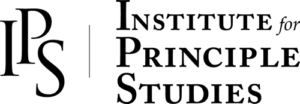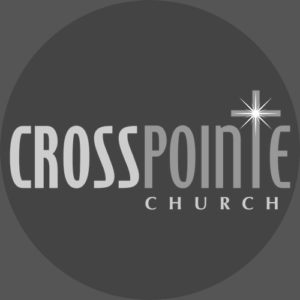Audits are an essential part of maintaining financial transparency and accountability in any organization, including churches. While the thought of an audit can be daunting, proper preparation can make the process smooth and beneficial. Here’s a step-by-step guide to help your church prepare for an audit.
1. Understand the Audit Process
Before the audit begins, familiarize yourself with the audit process. Understand the scope, objectives, and timeline of the audit. This will help you know what to expect and how to prepare effectively.
2. Organize Financial Records
Ensure all financial records are organized and readily accessible. This includes bank statements, receipts, invoices, financial reports, and donor records. Properly labeled and categorized documents will make it easier for the auditors to review and verify information.
3. Review Internal Controls
Review your church’s internal controls and ensure they are documented and followed consistently. Auditors will assess the effectiveness of these controls, so it’s essential to have clear procedures in place for handling financial transactions.
4. Reconcile Accounts
Perform reconciliations for all accounts, including bank statements, donation records, and expense reports. Reconciled accounts provide accurate financial data and help identify any discrepancies that need to be addressed before the audit.
5. Prepare Financial Statements
Ensure that your financial statements are up to date and accurately reflect your church’s financial position. This includes the balance sheet, income statement, and cash flow statement. These statements will be a primary focus during the audit.
6. Gather Supporting Documentation
Collect all supporting documentation for financial transactions, such as receipts, invoices, and contracts. Auditors will need this documentation to verify the accuracy of your financial records.
7. Communicate with the Auditor
Maintain open communication with the auditor throughout the process. Provide any requested information promptly and be available to answer questions. Clear communication can help resolve any issues quickly and efficiently.
8. Address Potential Issues
Identify and address any potential issues before the audit begins. This may include correcting errors, updating records, or improving internal controls. Proactively addressing these issues can prevent complications during the audit.
9. Educate Your Team
Ensure that your church’s staff and volunteers understand their roles in the audit process. Provide training on financial procedures and the importance of maintaining accurate records. A well-informed team can contribute to a smooth audit experience.
10. Post-Audit Review
After the audit is complete, review the auditor’s findings and recommendations. Use this feedback to improve your church’s financial practices and internal controls. Implementing these improvements can help ensure future audits are even more successful. Preparing for an audit doesn’t have to be stressful. By understanding the process, organizing your records, reviewing internal controls, and maintaining open communication, your church can navigate the audit successfully. A well-prepared audit not only ensures compliance but also enhances financial transparency and trust within your congregation.







































